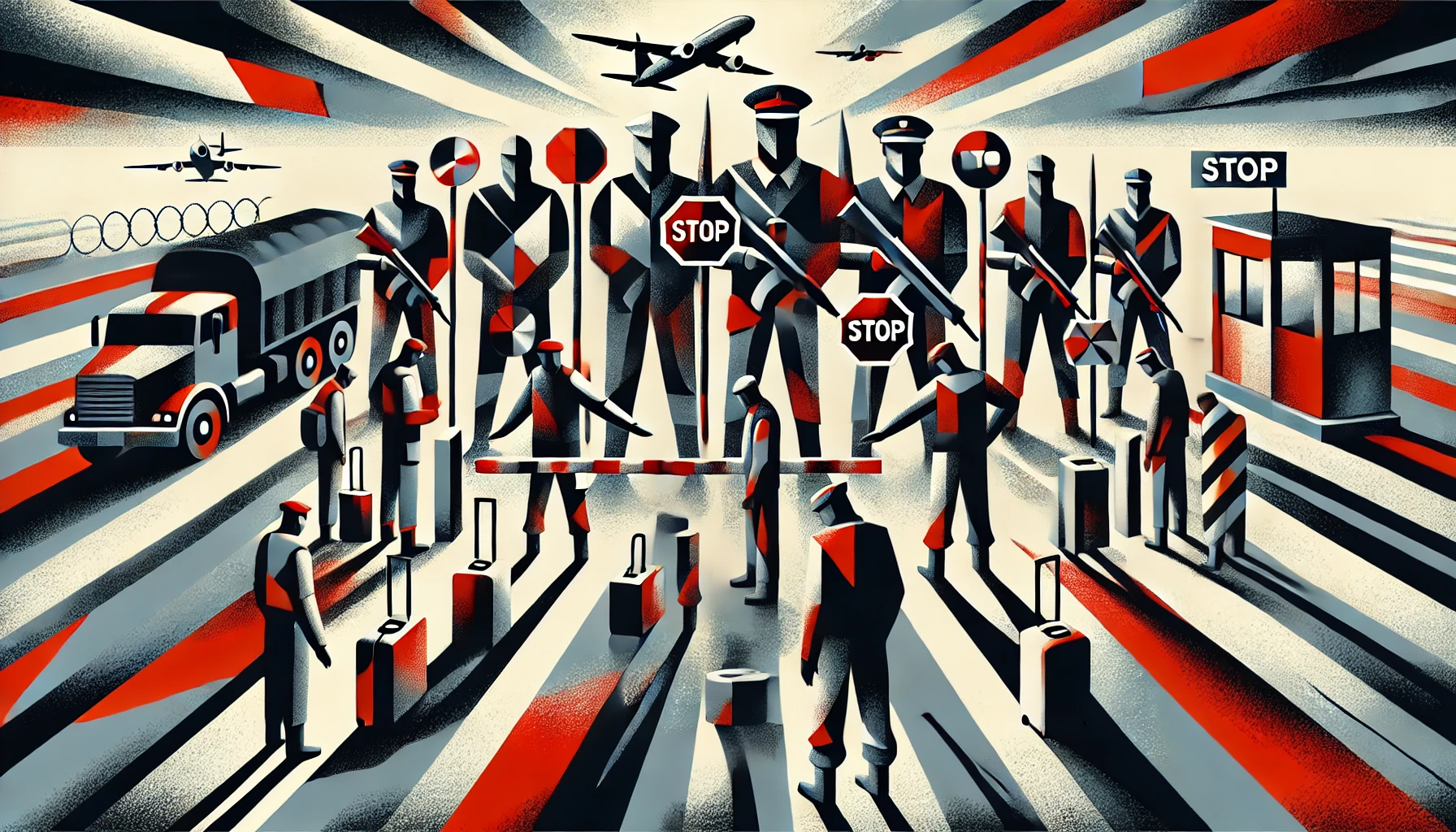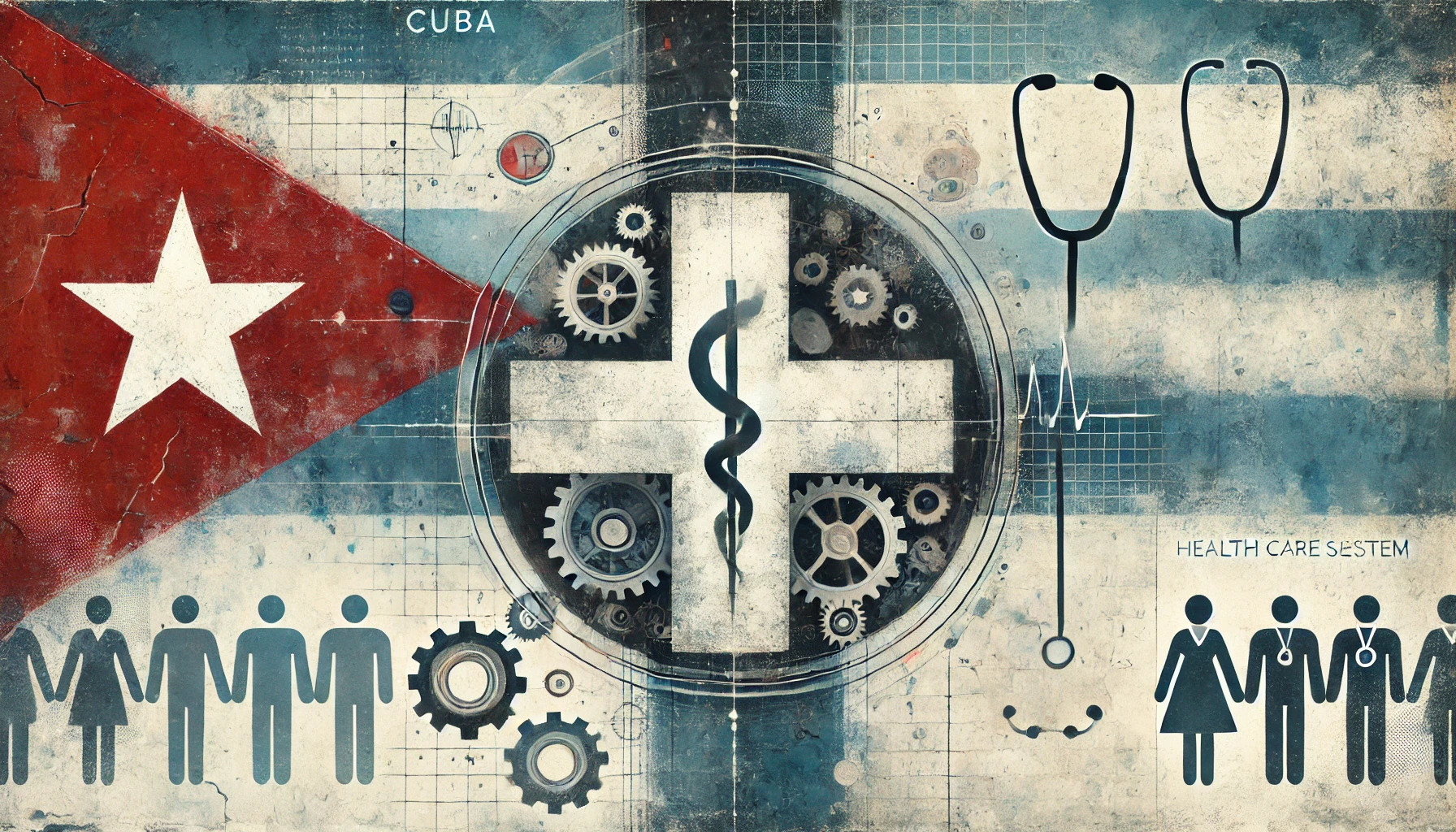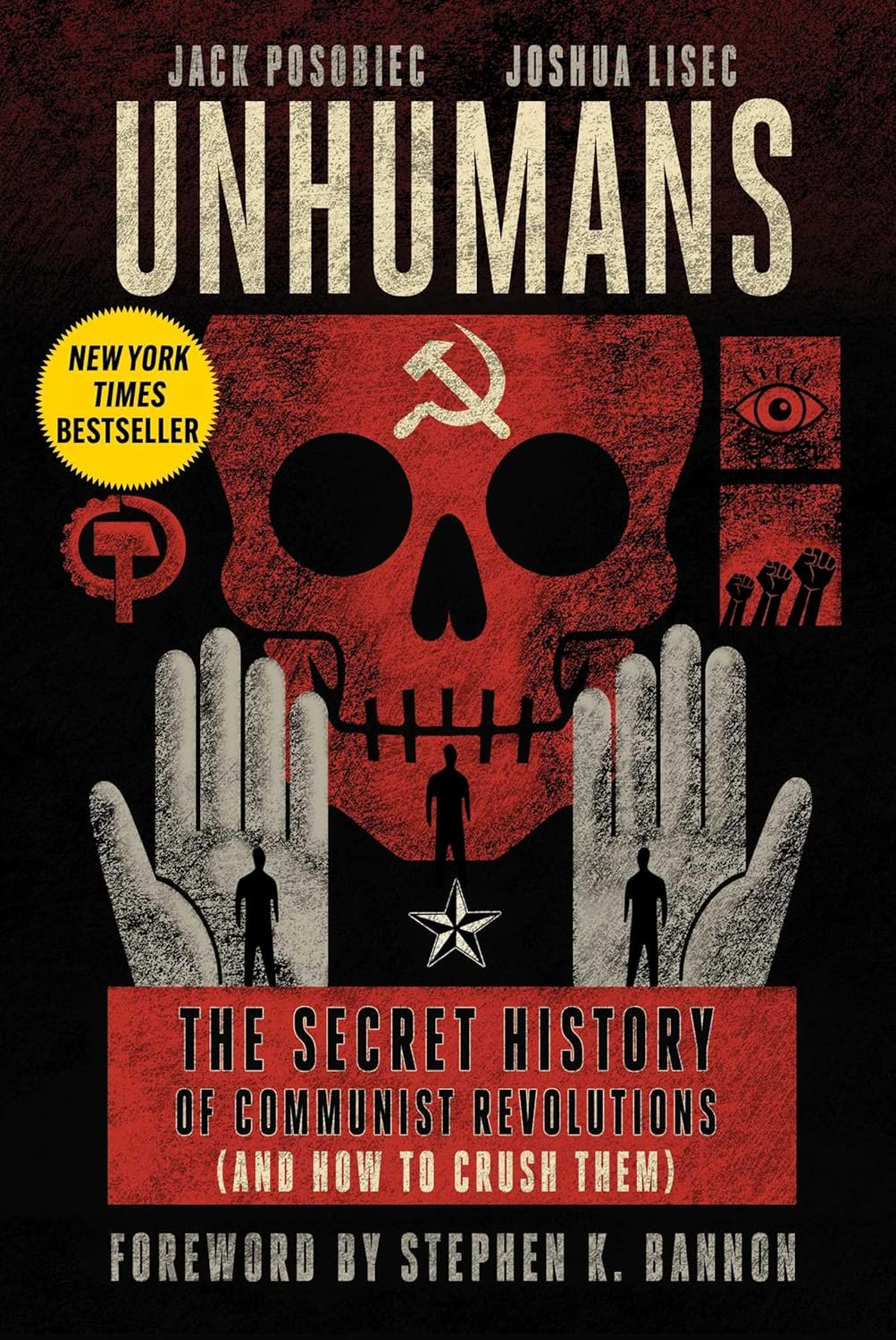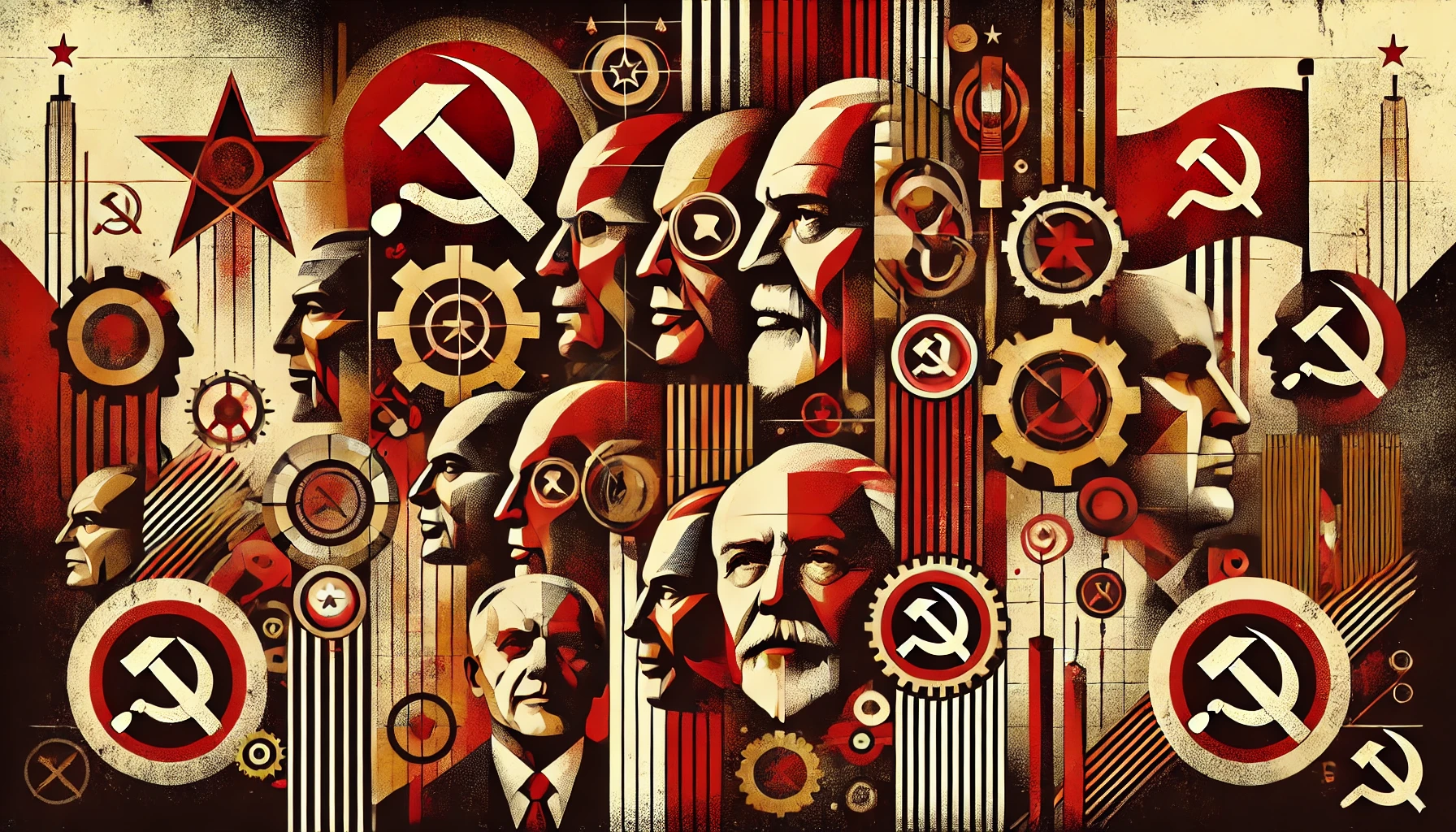Throughout the history of communist Cuba, the government has imposed strict exit restrictions on its citizens, limiting their freedom of movement and ability to leave the country. These restrictions have had a profound impact on the lives of Cubans and have been a source of controversy and criticism from the international community. This analysis will explore the historical context, documented evidence, and personal accounts related to Cuban exit restrictions.
Historical Context
Following the Cuban Revolution in 1959, Fidel Castro’s communist regime began implementing policies that restricted the freedom of movement for Cuban citizens. In 1961, the government enacted Law 989, which essentially banned Cubans from leaving the country without permission from the Ministry of the Interior[1]. The law stated that those who left the country illegally would face confiscation of their property and other punishments[2].
Throughout the 1960s and 1970s, the Cuban government continued to tighten its control over emigration. Cubans who wished to travel abroad had to obtain a permiso de salida, or exit permit, which was rarely granted[3]. Those who attempted to leave the country without permission faced harsh consequences, including imprisonment and forced labor[4].
Documented Evidence
Numerous reports from human rights organizations and international bodies have documented the restrictive nature of Cuban exit policies. A 1999 report by the Inter-American Commission on Human Rights stated that “the right to leave the country is systematically violated in Cuba” and that “the Cuban State restricts the right of its citizens to leave the country through a complex web of laws and regulations”[5].
The U.S. Department of State’s 2020 Country Reports on Human Rights Practices also highlighted the ongoing restrictions, noting that “the government continued to restrict freedom of movement within the country, foreign travel, emigration, and repatriation”[6]. The report further stated that “the government used arbitrary and politically motivated restrictions on foreign travel to punish dissent”[6].
Personal Accounts
Many Cubans have shared their personal experiences with exit restrictions, revealing the hardships and emotional toll they have endured. One such account comes from Yoani Sánchez, a prominent Cuban blogger and activist. In a 2012 interview, Sánchez described her unsuccessful attempts to obtain permission to leave Cuba, stating, “I’ve tried to travel outside of Cuba on 20 occasions, and I’ve never been able to”[7].
Another personal account comes from Dr. Óscar Elías Biscet, a Cuban physician and human rights activist who was imprisoned for his opposition to the government. In a 2016 testimony before the U.S. Congress, Dr. Biscet described the restrictions he faced, saying, “I was not allowed to leave Cuba to receive my honorary doctorate from the University of Miami because of my political ideas and my opposition to the Castro regime”[8].
Conclusion
Cuban exit restrictions have been a defining feature of the communist regime’s control over its citizens. Through a combination of restrictive laws, arbitrary enforcement, and harsh punishments, the government has severely limited the freedom of movement for Cubans. The documented evidence and personal accounts reveal the profound impact these restrictions have had on the lives of individuals and the broader society. As Cuba continues to navigate its political and economic future, the issue of exit restrictions remains a crucial point of concern for those seeking greater freedom and human rights on the island.
References
- Gastón A. Fernández, “The Mariel Exodus: A Cuban-American Perspective,” Journal of Interamerican Studies and World Affairs 24, no. 3 (1982): 379-411.
- Juan Clark, “The Exodus from Revolutionary Cuba (1959-1974): A Sociological Analysis,” (PhD diss., University of Florida, 1975), 85.
- Javier Corrales and Michael Penfold, Dragon in the Tropics: Venezuela and the Legacy of Hugo Chávez (Washington, D.C.: Brookings Institution Press, 2015), 98.
- Human Rights Watch, “Cuba: Repression, the Exodus of August 1994, and the U.S. Response,” (New York: Human Rights Watch, 1994), 9.
- Inter-American Commission on Human Rights, “Report on the Situation of Human Rights in Cuba: Seventh Report,” (Washington, D.C.: Organization of American States, 1983), Chapter XIII.
- U.S. Department of State, “2020 Country Reports on Human Rights Practices: Cuba,” (Washington, D.C.: U.S. Department of State, 2021).
- Yoani Sánchez, interview by Jacqueline Charles, “Yoani Sánchez: Cuba’s Most Famous Blogger Talks About Life in Cuba,” Miami Herald, April 1, 2013.
- Óscar Elías Biscet, “Testimony of Dr. Óscar Elías Biscet, Cuban Political Prisoner,” (testimony, Washington, D.C., February 3, 2016).







